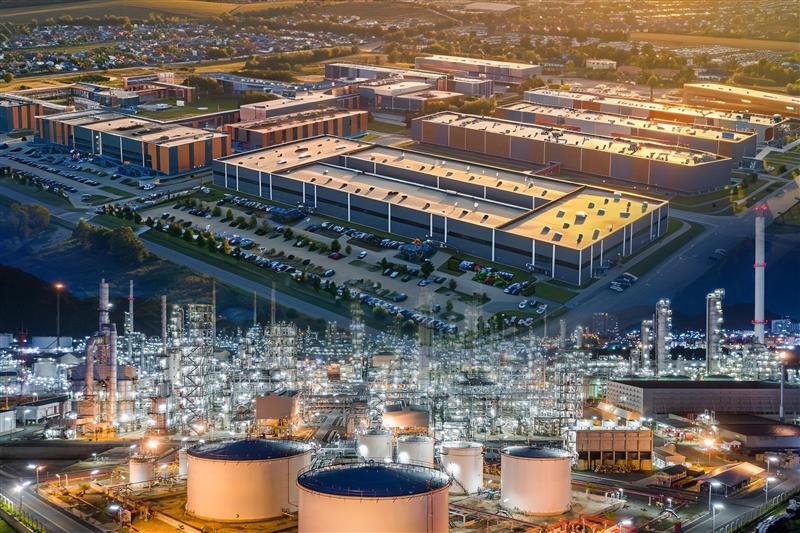
The automotive sector plays a critical downstream role in the chemicals value chain, with estimated global sales of $730 billion, per Frost & Sullivan analysis. The launch of the King Salman Automotive Cluster in the Kingdom of Saudi Arabia is expected to have significant implications for the chemicals industry, particularly in the context of the country’s broader economic initiatives under Vision 2030. Here are some potential impacts:
Plastics
The Kingdom is a major producer of Polypropylene (PP) with a proven track record of world-class assets and performance. PP, being the primary plastic form used in ICE passenger cars by volume, this proposed strategy will help local PP resin manufacturers and compounding units to generate domestic demand and collaborate with OEMs and Tier 1-2 suppliers. Saudi Arabia also has local manufacturing capabilities for Polyamide (6 and 66), PC, ABS and POM, and serves as a supply-chain enabler for under-the-hood, interior and exterior applications, providing opportunities for conversion value chains. The localization of this ecosystem could also unlock opportunities for performance polymers and thermoset resins.
Rubber
The Kingdom has manufacturing capabilities for certain synthetic rubber grades, such as SBR and PBR, while other forms such as NBR, isoprene present new opportunities to explore for applications ranging from tyres and seals to belts, and beyond.
Battery Chemicals and Materials
With a growing focus on EVs, the localization of the battery value chain will be a critical enabler, with choice of several chemistries for cathode active material including LFP, NMC and NCA. The local availability of key raw materials, such as phosphate and manganese, serves as a major investment driver, in a value chain currently dominated by China.
This shift could also create investment opportunities in electrolytes like the Ethylene carbonate chemistries.
Steel
The Kingdom currently has limited presence in automotive-grade steel, presenting an opportunity for local producers to expand their portfolio for developing steel with varying physical properties – such as strength and lightweighting – including alloys for specific application, providing opportunities for new product development and value creation.
Aluminium
The Kingdom currently has limited presence in automotive-grade aluminium, presenting an opportunity for local producers to expand their portfolio. This includes developing aluminium with varying physical properties such as strength, lightweighting – through processes like extrusion and casting.
Conclusion
With critical enablers such as an integrated ecosystem, robust supply chains, sectoral incentives, and policy interventions – including FTAs and duties – this could be an exciting phase in the development of what has long been considered a strategic project for the Kingdom.
To know more about key growth opportunities and disruptions taking place in the Chemicals industry, in the Kingdom of Saudi Arabia, and speak with Aparajith Balan, Contact:
Nimisha Iyer, E-mail : nimisha.iyer@frost.com , Mobile : +91 98200 50519




